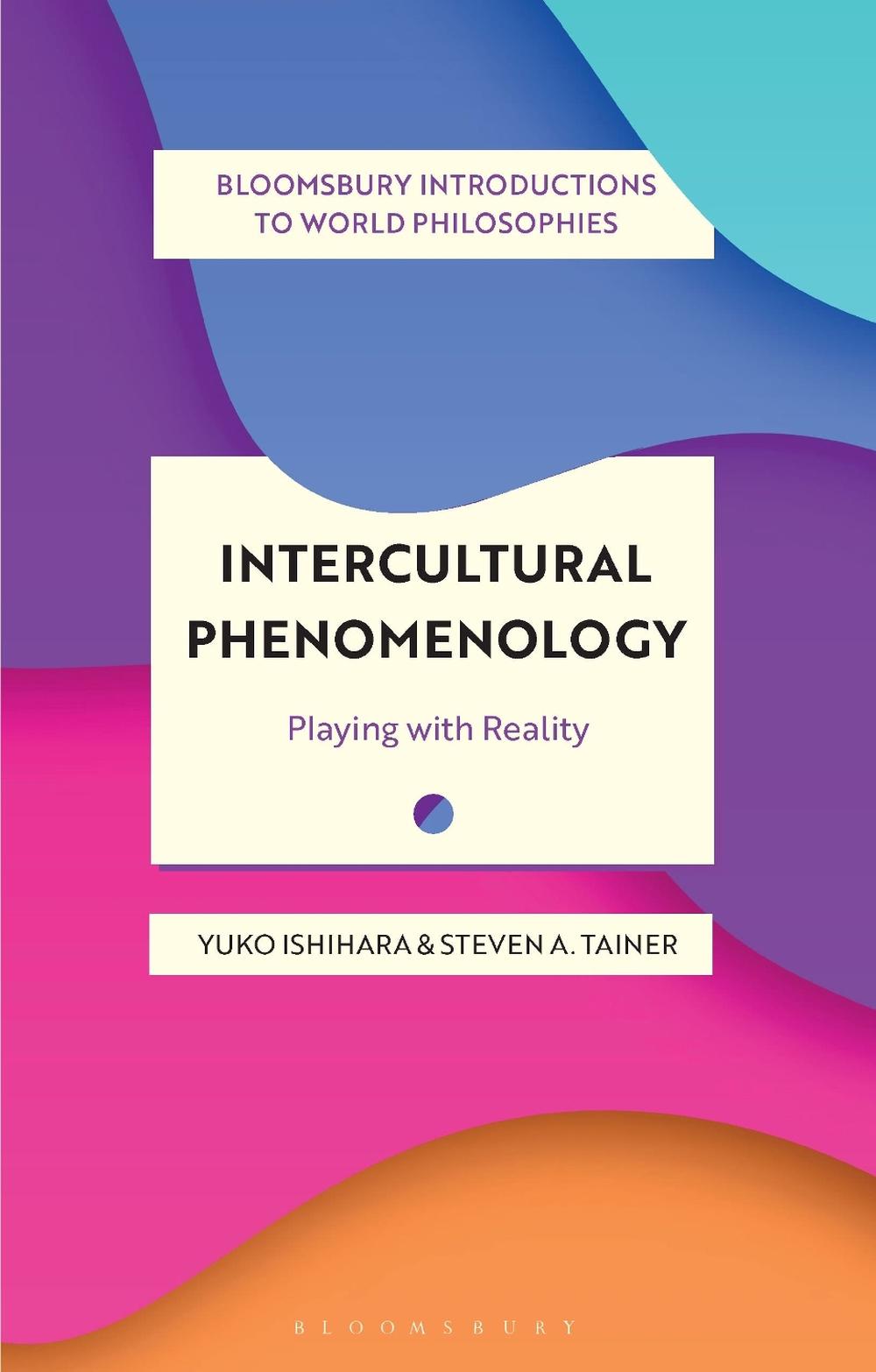
Intercultural Phenomenology
playing with reality
$33.50
- Paperback
176 pages
- Release Date
20 March 2024
Summary
Intercultural Phenomenology explores the nature of reality by engaging in a cross-cultural dialogue between two of the most influential philosophical traditions of the 20th century.
Drawing on ideas from phenomenology, Japanese philosophy and Zen Buddhism, it follows the philosophers who changed their perception of the world by choosing to suspend judgment. Guided by this philosophical method known as the “epoché”, or suspension of judgment in ancient Greek, it is an introduc…
Book Details
| ISBN-13: | 9781350298286 |
|---|---|
| ISBN-10: | 135029828X |
| Author: | Yuko Ishihara, Steven A. Tainer |
| Publisher: | Bloomsbury Publishing PLC |
| Imprint: | Bloomsbury Academic |
| Format: | Paperback |
| Number of Pages: | 176 |
| Release Date: | 20 March 2024 |
| Weight: | 240g |
| Dimensions: | 213mm x 137mm x 10mm |
| Series: | Bloomsbury Introductions to World Philosophies |
You Can Find This Book In
What They're Saying
Critics Review
This sparkling book is an antidote to technical philosophy closed to non- specialists. Instead of working through abstract ideas detached from ordinary life, its chapters and exercises open fresh access to philosophy that deepens as well as widens a direct and playful engagement with reality. * John C. Maraldo, Distinguished Professor Emeritus, University of North Florida, USA *
This book presents the dialogue between the phenomenology of Husserl and Heidegger and the Japanese Zen practice integrating philosophy of NIshida and Ueda. In it, the deep dimension of pre-linguistic experience accessible through Husserl’s phenomenological reduction is clearly revealed, from which the subject-object duality arises and into which it dissolves.
* Ichiro Yamaguchi, Professor emeritus, Faculty of Letters, Toyo University, Japan *Drawing on Japanese and other Asian as well as European thinkers, this refreshingly accessible book reenvisions the phenomenological epoché as a practice of suspending our pre-judgments—of removing our “colored glasses”—so that we can learn to cooperatively play with the various ways in which reality manifests itself. * Bret W. Davis, Professor and Higgins Chair in Philosophy, Loyola University Maryland, USA *[W]hat Intercultural Phenomenology achieves is a breath-taking feat. Boldly reaching beyond the boundaries of culture, Ishihara and Tainer weave some of the most infuential twentieth century philosophies into a diverse tapestry * The Journal of East Asian Philosophy *About The Author
Yuko Ishihara
Yuko Ishihara is Associate Professor at the College of Global Liberal Arts at Ritsumeikan University, Japan. She specializes in Kyoto School philosophy and classical phenomenology. Her research includes a focus on the topic of play and, specifically, how modern philosophers have turned to the notion of play to overcome the metaphysics of subjectivity.
Steven A. Tainer has studied Asian contemplative traditions intensively since 1970 with Tibetan, Chinese and Korean masters. After practicing for decades in both mountain retreats and ordinary life circumstances, he began teaching Buddhist, Taoist and Confucian fundamentals to private groups and at the Berkeley Buddhist Monastery in Berkeley California, USA.
Returns
This item is eligible for free returns within 30 days of delivery. See our returns policy for further details.




